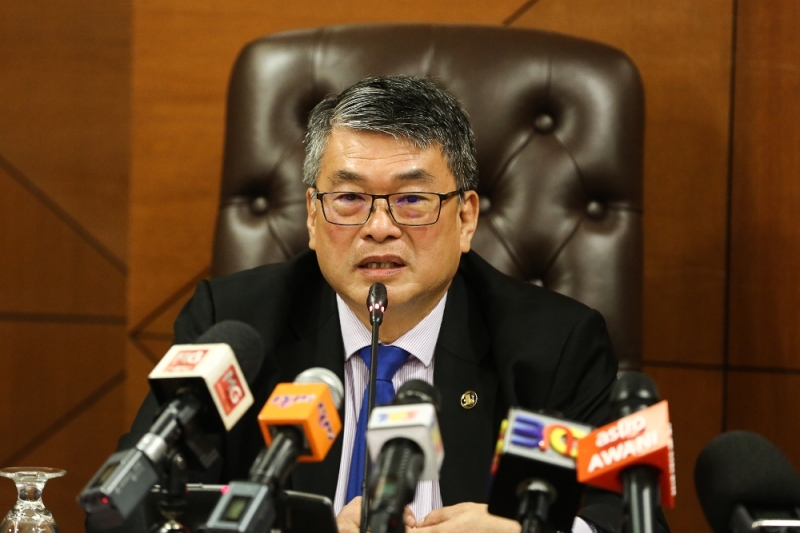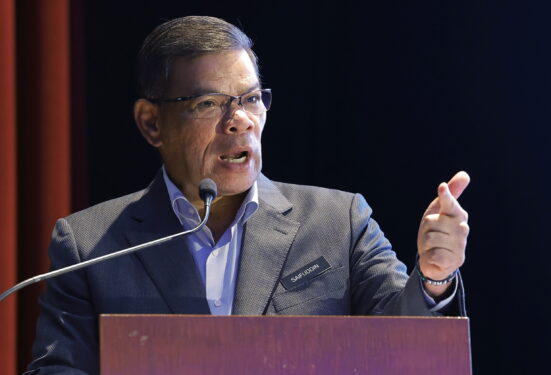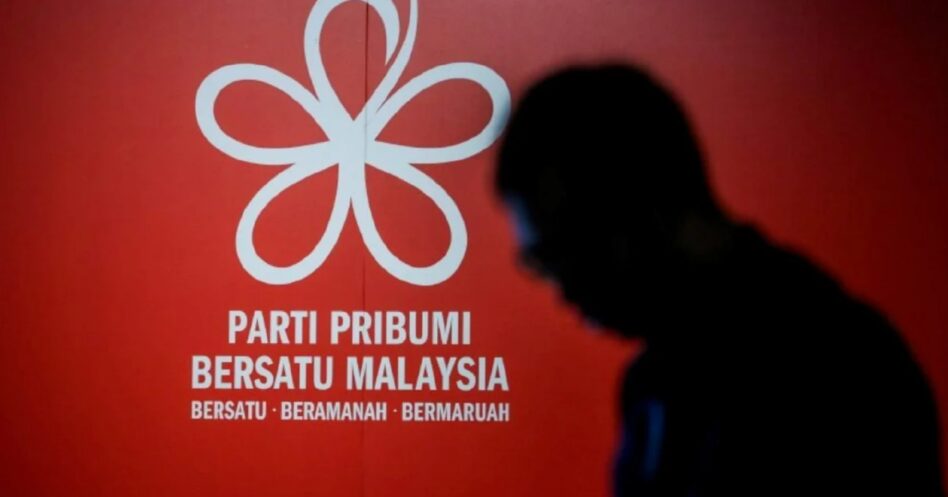VIDEO recording and live streaming police raids or arrests on your phone can be a crime if you get in the way of the Royal Malaysian Police Force (PDRM), Parliament was told.
In a written reply last Thursday (July 28), the home ministry said while taking pictures or recording videos is not a crime, obstructing a public servant from carrying out their duties is.
Although the ministry did not say so, this is provided for in Section 186 of the Penal Code.
“Those who record (police raids and arrests) can have action taken against them because it is assumed (that they are) stopping public servants from doing their jobs, besides disturbing investigations.
“It also goes against provisions that are in accordance with Section 233 of the Communications and Multimedia Act (CMA) 1998, which (criminalises) transmissions that intend to harass others,” it told Kepong MP Lim Lip Eng, not clarifying further.
Section 233, an internet law that targets “obscene and offensive” online content, is often criticised by human rights groups for its vague definitions, arbitrary applications and for infringing on freedom of expression.
In 2020, student activist Wong Yan Ke (pictured above, left) was arrested under Section 186 of the Penal Code for live streaming on Facebook an exchange he had with a police officer.
He was eventually charged in court for alleged “disobedience” to a civil servant, under Section 188 of the Penal Code.
“Can check your phones”
Meanwhile, the home ministry said that PDRM officers can ask, check and confiscate mobile phones of those under suspicion and who are involved in any ongoing investigations.

However, it said the police can only check a person’s phone if they are suspected of committing a crime under six laws.
The six are the Penal Code, Section 233 of the CMA, the Sedition Act 1948, Security Offences (Special Measures) Act 2012 (SOSMA), Anti-Trafficking in Persons and Anti-Smuggling of Migrants Act 2007 and Prevention of Terrorism Act 2015.
Answering a supplementary question by Lim, the ministry told the DAP lawmaker that it is still reviewing the procurement of body cameras for PDRM officials.
“A few issues need to be resolved, and they are in the process of being resolved by the home ministry’s procurement division and PDRM.”
The budget for its allocation, it added, has already been approved by the Government under the 12th Malaysia Plan.
Home Minister Datuk Seri Hamzah Zainuddin told Parliament in 2020 that PDRM would use body cameras while on duty, in an effort to prevent abuse of power and corruption.
The procurement of 2,168 body cameras was supposed to be done last year. – Aug 1, 2022
Main photo credit: News Straits Times










